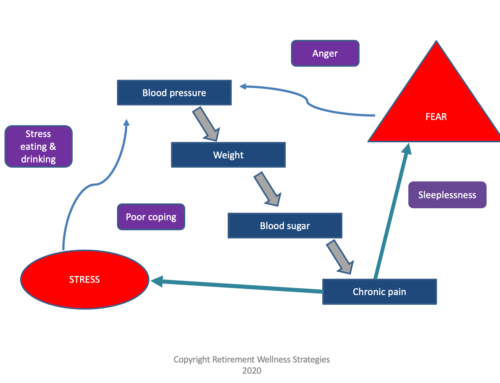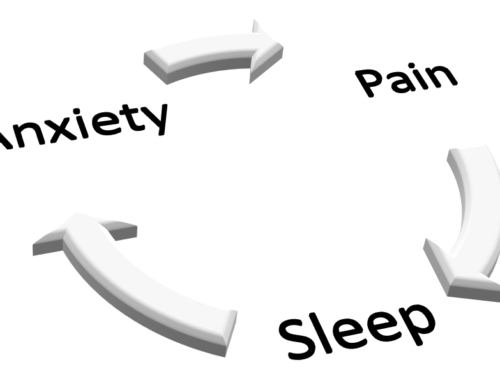Do you ever feel like your memory is slipping? Are you getting forgetful?
Prescription Medications and Memory
Which of your medicines is helping preserve your memory? There are several medical conditions that can make your memory worse. The medicines that treat those conditions then help preserve your memory. Some examples include medicines for heart disease, seizures, blood thinners, asthma inhalers, or emphysema and bronchitis inhalers. Oxygen is a common theme with many of these medications. If you have a medical condition that could decrease the oxygen getting to your brain, this could worsen your memory.
Which of your medicines is actually making your memory worse? Unfortunately, there are many medications that can do this. Any medication that can make you sleepy or slow your thinking can make it harder to remember things. Any medicine that impacts how your brain functions can alter clear thinking. This does not mean all of these medications should be avoided. It does mean to not assume you have dementia when you have foggy thinking while on these medications. There are many examples; some common ones are medications for pain, anxiety, and depression. Anticholinergic, or very drying, medicines cloud your thinking. Recently, statin medications for cholesterol have also been associated with memory impairment.
There are currently two classes of medicines approved for use in Alzheimer’s Disease. For many medical conditions, once diagnosed, you are prescribed a medication(s) to treat that condition. This is not as simple with the dementia medications. They do NOT cure or prevent dementia. They do NOT help all people with dementia. The best impact they have is to slow the progression of dementia, and again, not everyone who takes them will have this result. They have cholinergic side effects that include nausea and diarrhea. If they are stopped after they have been taken, there can be a rapid decline in the dementia. It is not known if the decline is to the point the person would have been if they had not taken the medicine, or if it is an even sharper decline. So there is much to discuss with your physician and healthcare team before deciding to take these medicines.
How about vitamins?
Vitamins are perfectly safe, right? The more the better, right? For many vitamins, taking more than you need is just a waste; your body gets rid of what it doesn’t need. But some other vitamins are not easily cleared, and too much can cause problems. Vitamin E is a vitamin that has been studied to see if it can help with memory. Although some studies have had mixed results, there is no evidence that vitamin E can prevent dementia. There is some data that suggests it might help slow the progression of Alzheimer’s disease. But, there have also been reports of increased risk of death with vitamin E. This is because it can interact with several medications, especially those that can cause bleeding such as medicines that prevent clots. It is also one of the vitamins that the body can’t easily expel, so it is possible to get too much.
Vitamin B12 is another that has been studied. If your vitamin level is low, then vitamin B12 can help. However, if your B12 level is normal supplements will not help.
The best way to get vitamins is through your diet.
And what about herbal remedies, natural remedies, or supplements?
There have been some studies looking at gingko biloba. It does not appear to prevent Alzheimer’s or other forms of dementia. There is some data that suggests it might help stabilize dementia. In particular, some studies show that it can help stabilize mood. Healthy people who take gingko report feeling more alert. However, there are several medication interactions to consider before you take this. It can increase risk of bleeding and can impact blood sugar control if you have diabetes.
Other substances that will change your ability to think clearly are alcohol and illicit substances. They may not be prescribed (yet), but they can definitely impact how sharply you think. Include these when you talk with your physician and your pharmacist about your medicines.
Some medications can help preserve your memory, and some medications can make your memory worse. Vitamins, over-the-counter medicines, supplements, and herbal remedies all should be considered medications. Share all that you take with your primary care provider and your pharmacist. That will allow them to make sure there are no medicines or interactions that are negatively changing your memory.
For more information about your medications and your memory, please contact us at www.medsmash.com.
For further application, check out my personal blog.






